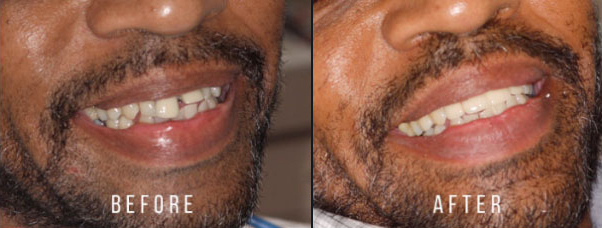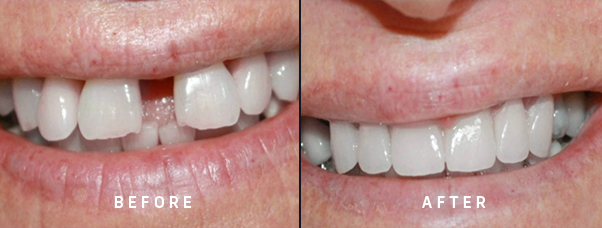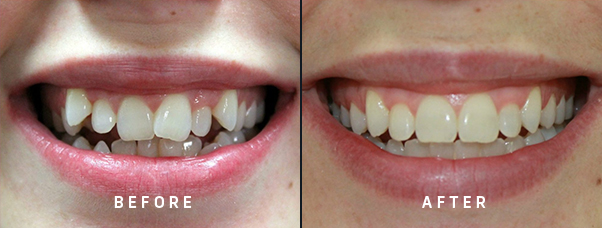Dental implants reduce the load on the remaining oral structures/teeth by offering independent support and retention to crowns, bridgework and overdentures.

Dental implants reduce the load on the remaining oral structures/teeth by offering independent support and retention to crowns, bridgework and overdentures.
Dental implants preserve natural tooth tissue by avoiding the need to cut down adjacent teeth for conventional bridgework.
Dental implants will preserve bone and significantly reduce bone resorption and deterioration that results in loss of jawbone height.
Dental implants have been shown to reduce the need for subsequent restorative intervention of adjacent teeth.
Long-term data on implants suggest that implants last for a much longer time than conventional restorations on teeth.
Loose fitting dentures can be replaced with improved support, stability and retention with implant overdentures.
Overdentures will help control/improve facial contours that result in minimizing premature wrinkles.
Implant overdentures may allow you to chew your food better and speak more clearly. Many studies have shown that overdentures contribute to improved chewing efficiency and speaking, compared to full dentures.
Implants in longterm avoid complications associated with grinding down goodstanding natural teeth, thus reducing subsequent supplementary treatement.This way in long run they are much more cost effective and trouble free treatment option now freely available to the patient.
A surgical procedure for implant placement and a period of healing is necessary before the prosthesis may be completed.
Dental implant procedures may entail an increase in initial cost compared to conventional dentistry.This is only a shortterm disadvantage as in the long run you reap rich rewards of investing on implants.
Mechanical fracture of fixtures, bridges, bridge attaching screws or abutment screws and loosening of screws can occur. Reported occurrences are less than 2-5% of patients. Trauma to the mouth or jaws or stress concentration from the bridge could result in mechanical failure and complications.
Porcelain fracture of crowns and bridgework on implants is much more prevalent than on natural teeth due to a lack of shock-absorbency between the implants and the bone.


